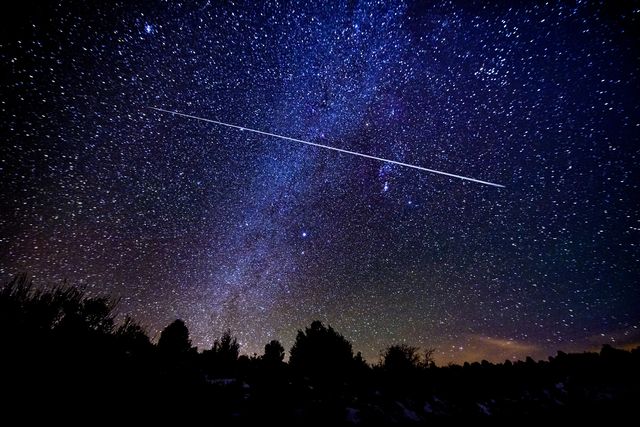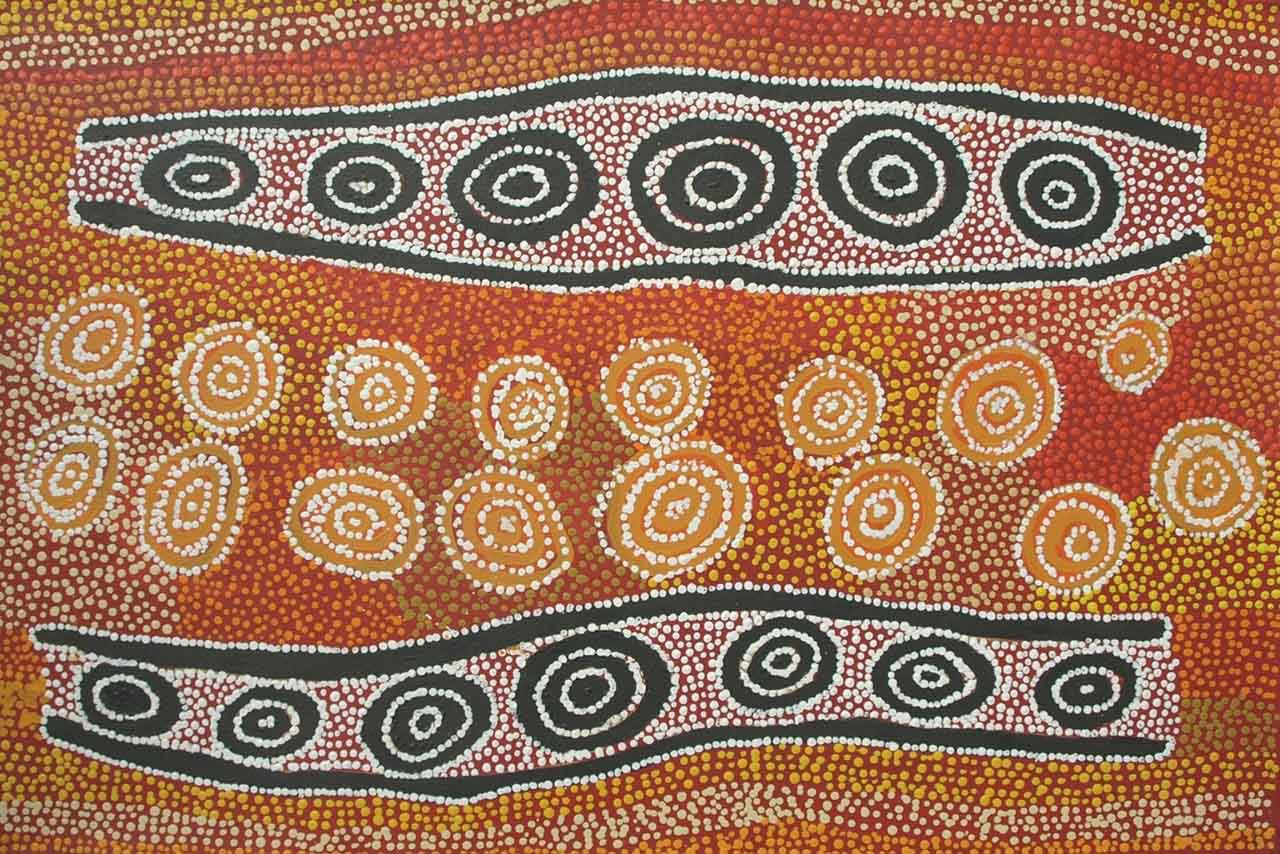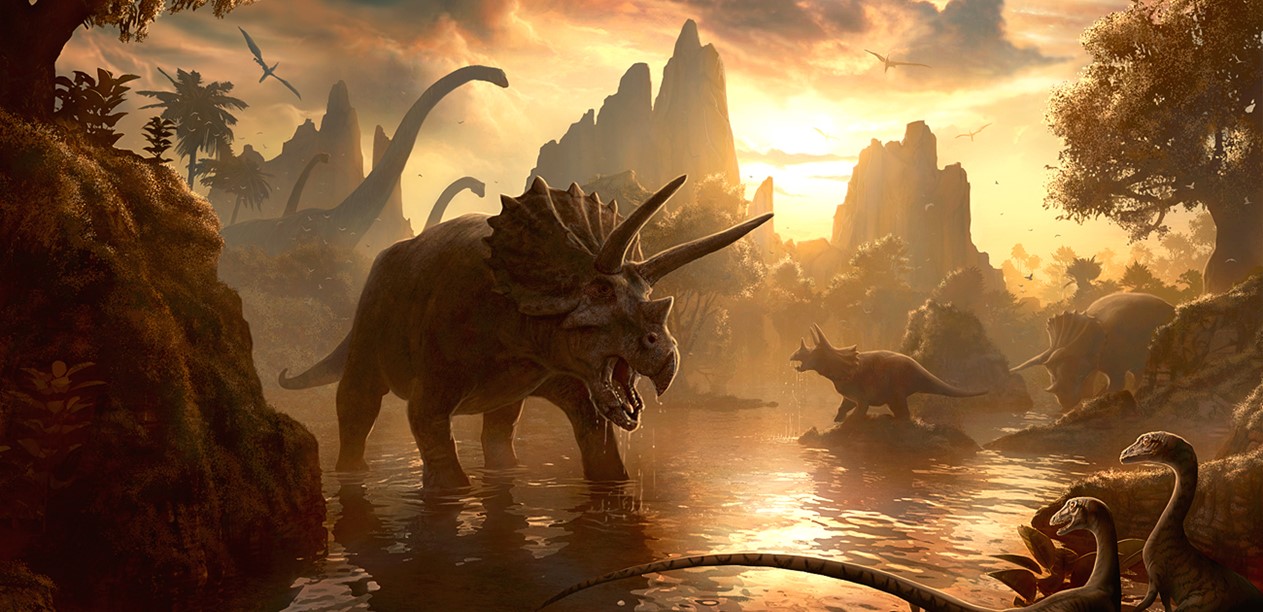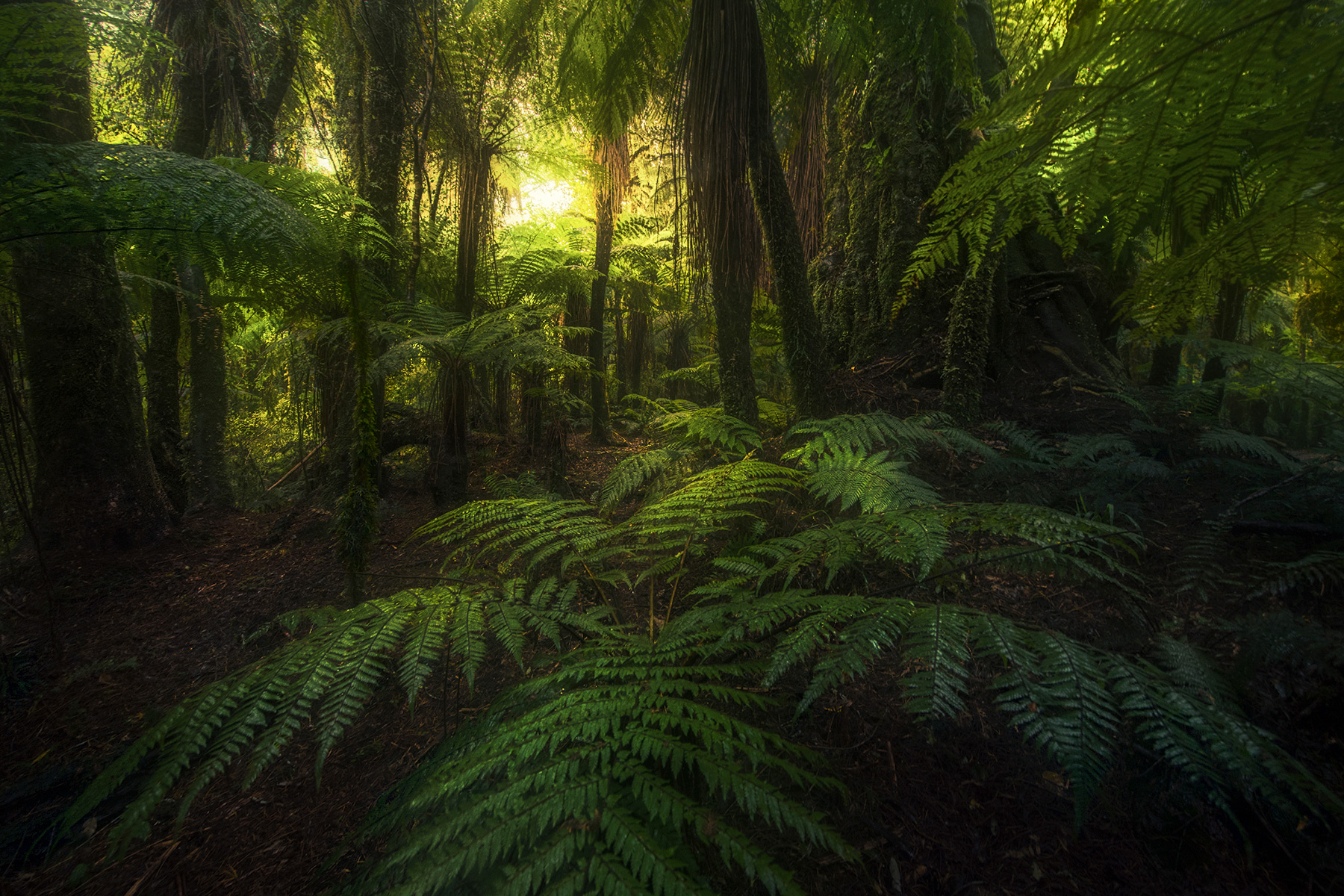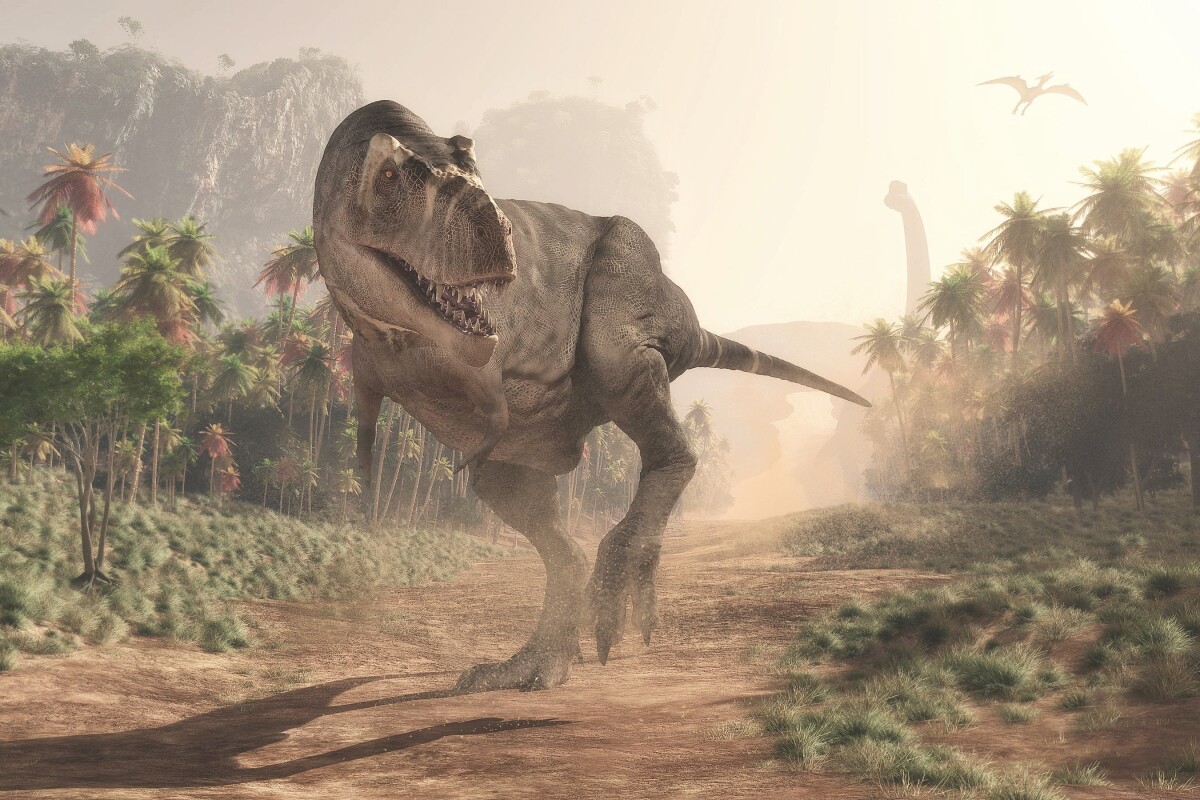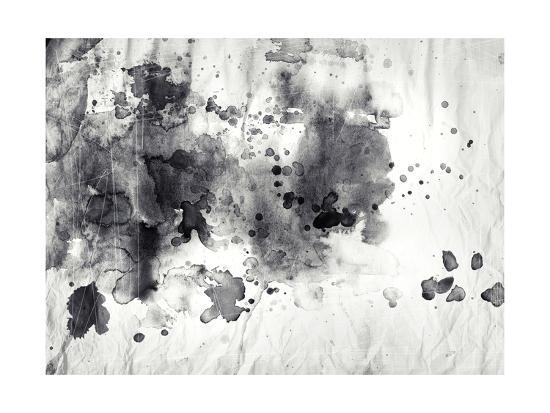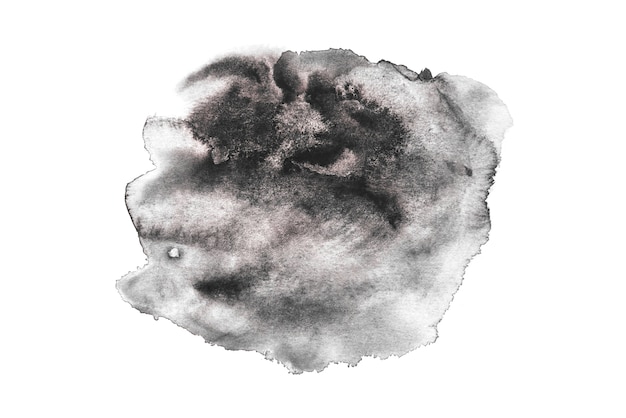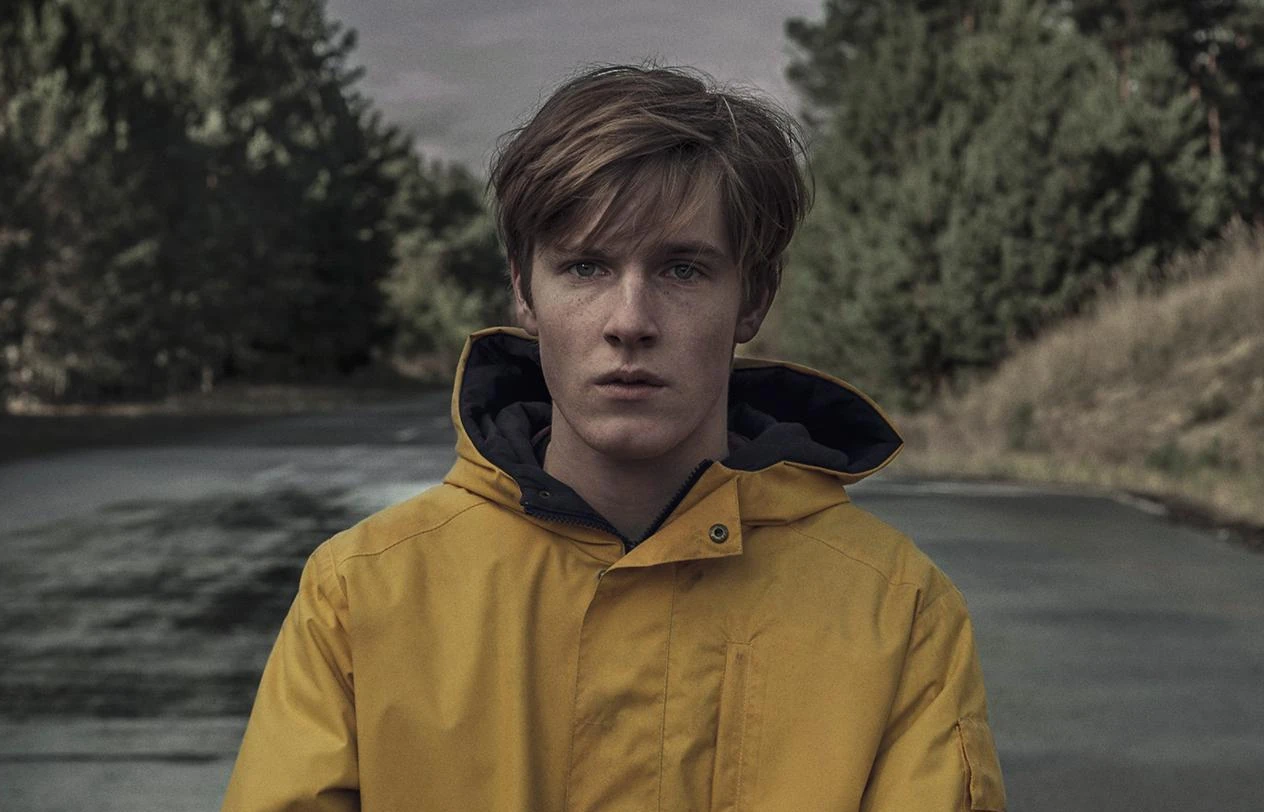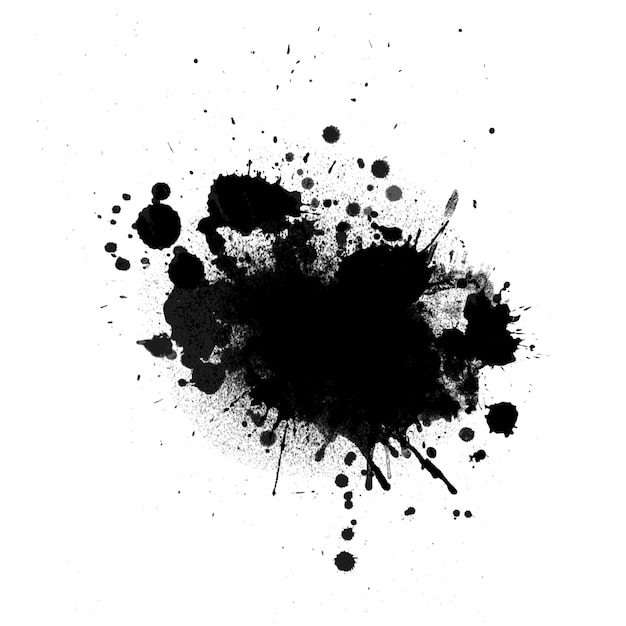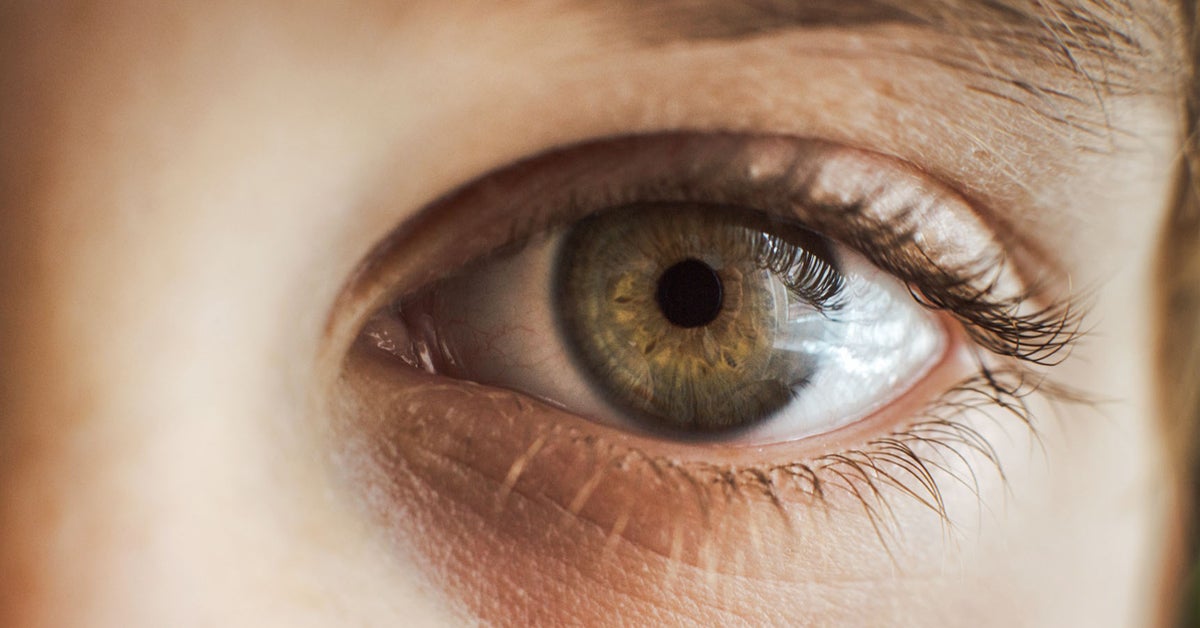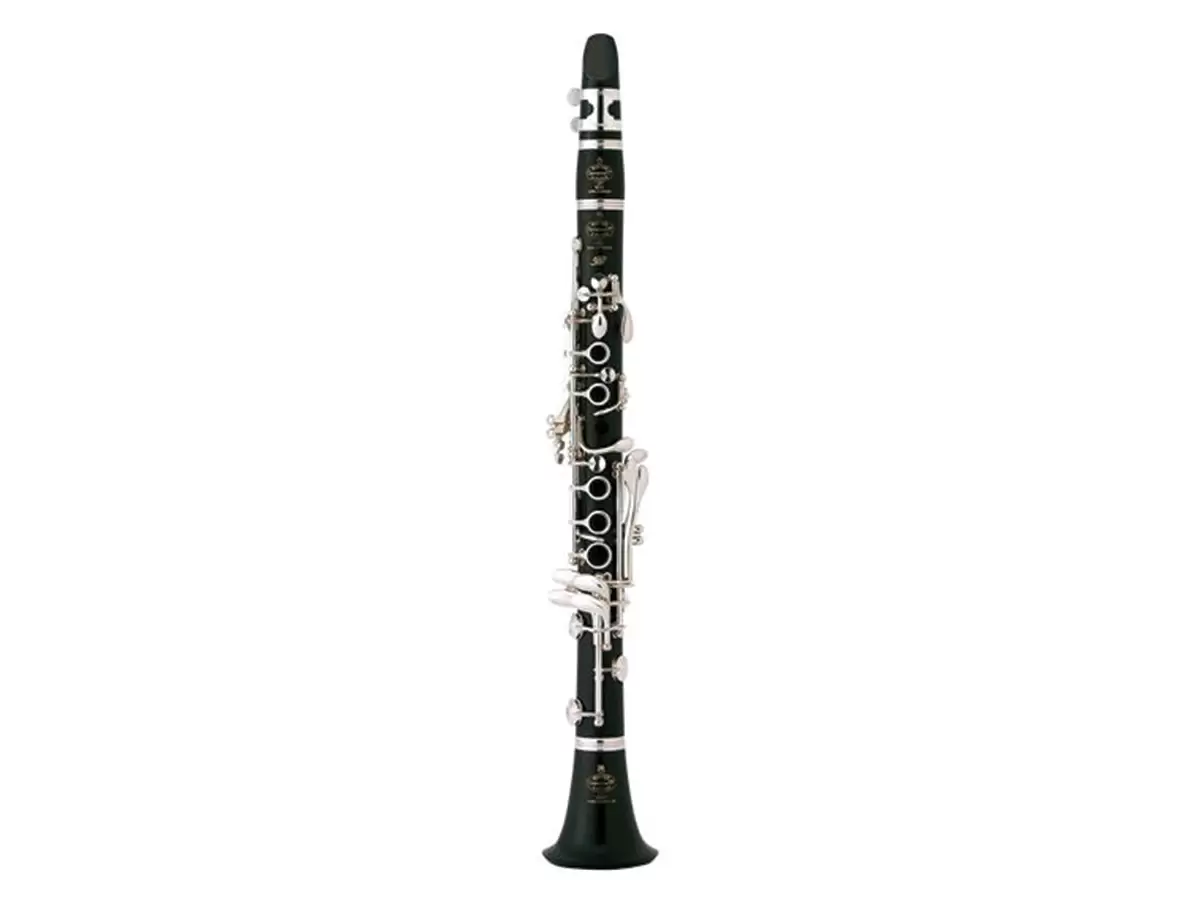Hi dreamers! This is it! The final blog post of the year! It’s been a busy year, but strange dreams have carried us through it all. For the final In Your Dreams analysis, we will be analyzing my verdant dream from a few nights ago.
Onto the dream!

Ecopunk
On a sunny, breezy day, I ask a patch of Siberian Squills, the small blue flower, “Do you feel my breath?”
The Squills begin to grow, writhing like worms in soil. They speak, “We hear you. You do not hear us.”
Confused, I say, “I can hear you.”
They grow larger now, their petals unfurling like ribbons and their stems becoming thick like dogwood trees.
“Good fertilizer,” I say.
The Squills’ roots come up out of the ground and they step onto the soil. “Nitrous oxide. Methane. Carbon dioxide,” they spit at me. “Man becoming machine. Oil pumping into the ecosystem.”
I back up. The Squills grow larger and larger. Their pistils grow snapping teeth. I turn to run and find that my legs have become steel, immovable and rusted.
The Squills advance, and pull me with their leafy fingers to face the sky, which is thick with smog.
“See?” They say. “See?”
This is where the dream ends.
The Analysis
In this nightmare, I find myself face to face with ever-growing Siberian Squills that want to show me the realities of environmental destruction and climate change. The Squills are disgusted by humanity’s recklessness.
This nightmare is horrifying for three primary reasons:

1) There is body horror. My legs transform into metal, rusted metal at that, and I am unable to run away from the Siberian Squills. This transformation alludes to the fact that man relies heavily on machinery and unnatural objects to function, so much so that, according to the Squills, man may as well be a group of machines or robots. It is unclear whether the Squills are responsible for transforming my legs into metal in the dream, but some force was holding myself and the rest of humanity accountable for our actions that have been rooted in materialism and inorganic material.
2) An object which is not supposed to have human qualities becomes humanlike in nature and uses those humanlike qualities to chase me and, eventually, force me into facing a reality I don’t want to face. The animation of the Squills is a surreal method of the unconscious anthropomorphizing nature, which has been harmed by humanity. The Squills become a kind of phantasm, haunting me until I acknowledge the nature of the environmental crisis. The Squills act as an inescapable omen, an assurance that yes, this is real, and yes, you must do something about it.

3) Most importantly, the dream unveils the reality of climate change and environmental destruction, the reality dream-me didn’t want to face, and speaks to my (waking me’s) unconscious anxieties about the subject. The Squills refer to “oil”—something that wreaks havoc on ecosystems—and “Nitrous oxide. Methane. Carbon dioxide,” three greenhouse gases that are contributing to climate change. This nightmare brought to light the fear I am feeling about my own future, my generation’s future, and my younger siblings’ futures, and the guilt I feel about being a part of humanity when we have caused so much destruction.
This dream serves as a welcome reminder that there are actions to be taken to combat climate change, even beyond reducing, reusing, and recycling. One can always speak out to local representatives to ensure they are making environmentally friendly decisions. Here is a BBC article about ten ways to help fight climate change. One noteworthy fact from the article that I would like to highlight is that “If cattle were their own nation, they would be the world’s third largest emitter of greenhouse gases, after China and the US.” Changing one’s diet is a deeply personal decision, but if anyone has any questions about cutting out red meat or going pescatarian or plant-based, leave a comment!
Overall, this dream about Siberian Squills becoming animated and angry with humanity revealed deeper lessons about about climate change and environmental destruction. Stay loose and dream lucid!










